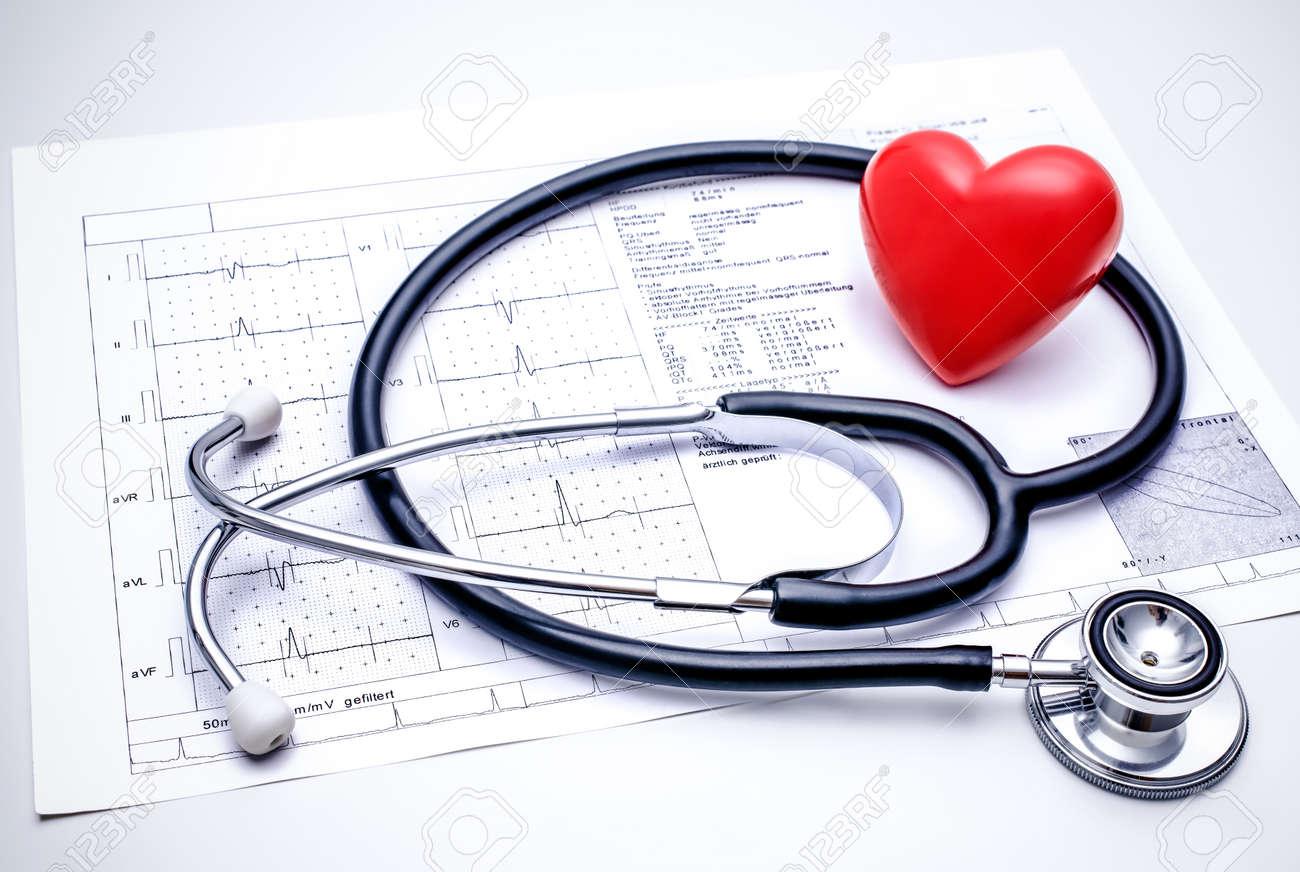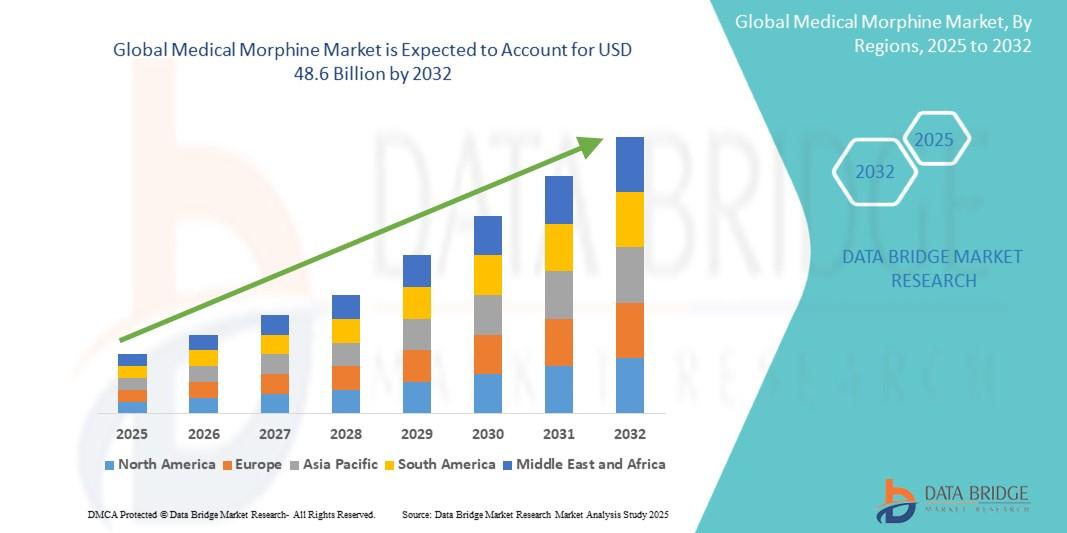Top Risk Factors That Make Heart Disease Screening Essential

Heart disease is the leading cause of death worldwide, and many people don’t realize they are at risk until symptoms appear. The good news is that early detection through heart disease screening can save lives by identifying risks before serious complications arise. If you have certain lifestyle habits, health conditions, or family history factors, regular screening becomes not just important but essential.
In this article, we’ll explore the top risk factors that make heart disease screening a necessity and why you should never delay your checkup if you fall into one or more of these categories.
Why Heart Disease Screening Matters
Heart disease often develops silently. You may not notice warning signs until arteries are significantly blocked or the heart is under severe stress. Heart disease screening uses diagnostic tools such as blood tests, stress tests, echocardiograms, and vascular ultrasounds to detect early changes in your heart and blood vessels.
Screening helps in:
-
Detecting high blood pressure, high cholesterol, or plaque buildup
-
Identifying irregular heart rhythms or weakened heart muscle
-
Preventing serious conditions like heart attack or stroke
The earlier heart disease risk is discovered, the more effective the treatment and lifestyle interventions can be.
Top Risk Factors That Make Heart Disease Screening Essential
1. Age Over 40
As we age, our heart and blood vessels naturally undergo changes. The walls of arteries can stiffen, blood pressure may rise, and plaque buildup becomes more common. Men over 40 and women after menopause are at higher risk of developing cardiovascular problems.
-
Why screening matters: Age-related changes often go unnoticed until a cardiac event occurs. Screening helps spot early warning signs.
2. Family History of Heart Disease
If your parents, grandparents, or siblings have had heart attacks, strokes, or other cardiovascular diseases, your genetic risk increases significantly.
-
Why screening matters: A strong family history means you may develop heart disease earlier than average, even if you maintain a healthy lifestyle.
3. High Blood Pressure (Hypertension)
Known as the "silent killer," hypertension damages arteries, making them more prone to narrowing and rupture. Chronic high blood pressure is one of the biggest contributors to heart disease.
-
Why screening matters: Regular monitoring and cardiovascular tests can reveal how high blood pressure is impacting your heart and blood vessels.
4. High Cholesterol Levels
Excess cholesterol in the bloodstream can build up on artery walls, leading to atherosclerosis—a key cause of heart disease and stroke.
-
Why screening matters: Screening identifies cholesterol imbalances early, allowing you to adjust your diet, lifestyle, or medications before complications occur.
5. Diabetes
Diabetes damages blood vessels and nerves that control the heart. People with diabetes are more likely to develop cardiovascular complications, including coronary artery disease.
-
Why screening matters: Early detection ensures that heart health is monitored alongside blood sugar management.
6. Obesity and Sedentary Lifestyle
Excess body weight, particularly around the abdomen, raises your risk for hypertension, diabetes, and high cholesterol. A sedentary lifestyle compounds these risks.
-
Why screening matters: Heart disease screening can assess how your weight and lifestyle choices are affecting your cardiovascular system.
7. Smoking and Alcohol Use
Smoking damages blood vessels, reduces oxygen levels in the blood, and accelerates plaque buildup. Excessive alcohol consumption also raises blood pressure and weakens the heart muscle.
-
Why screening matters: Even if you feel fine, smoking and drinking significantly increase cardiovascular risk, making regular heart checks essential.
8. Chronic Stress
Long-term stress leads to high blood pressure, poor sleep, and unhealthy coping habits like overeating or smoking—all of which contribute to heart disease.
-
Why screening matters: Screening can help evaluate how stress has impacted your cardiovascular system and provide an opportunity for early intervention.
9. Unhealthy Diet
Diets high in processed foods, sugar, and saturated fats contribute to obesity, diabetes, and high cholesterol—all major risk factors for heart disease.
-
Why screening matters: Heart disease screening identifies early warning signs that your diet may be negatively affecting your cardiovascular health.
10. Previous Heart or Vascular Conditions
If you’ve already experienced chest pain, arrhythmias, or vascular issues, you’re more likely to face future cardiovascular problems.
-
Why screening matters: Regular follow-up screenings are essential to prevent recurrence and monitor your heart’s condition.
What to Expect During Heart Disease Screening
Depending on your risk factors, your doctor may recommend one or more of the following tests:
-
Blood Pressure Test – Measures hypertension levels.
-
Cholesterol and Blood Sugar Tests – Detects imbalances and diabetes risks.
-
Electrocardiogram (ECG/EKG) – Checks heart rhythm and electrical activity.
-
Echocardiogram – Uses ultrasound to evaluate heart structure and function.
-
Stress Test – Monitors how your heart performs under physical activity.
-
Carotid Doppler Ultrasound – Detects plaque buildup in the arteries.
How Often Should You Get Heart Disease Screening?
-
Low-risk adults: Every 3–5 years after age 20, or as recommended.
-
High-risk individuals: Annually or more frequently, based on doctor’s advice.
-
Adults over 40: Regular screenings should become a priority, especially if other risk factors are present.
Preventing Heart Disease Beyond Screening
While heart disease screening is essential, prevention through lifestyle changes is equally important:
-
Maintain a balanced diet rich in fruits, vegetables, lean proteins, and whole grains
-
Exercise at least 150 minutes per week
-
Quit smoking and limit alcohol intake
-
Manage stress through mindfulness, yoga, or therapy
-
Monitor blood pressure, cholesterol, and blood sugar regularly
Conclusion
Heart disease can be silent, but it’s rarely sudden. Most cases develop gradually due to a combination of risk factors. If you fall into one or more categories—such as having high blood pressure, diabetes, a family history of heart disease, or being over 40—it’s crucial to prioritize heart disease screening.
Early detection gives you the best chance to take control of your health, reduce complications, and live a longer, healthier life. Don’t wait for symptoms to appear—schedule your screening today.






